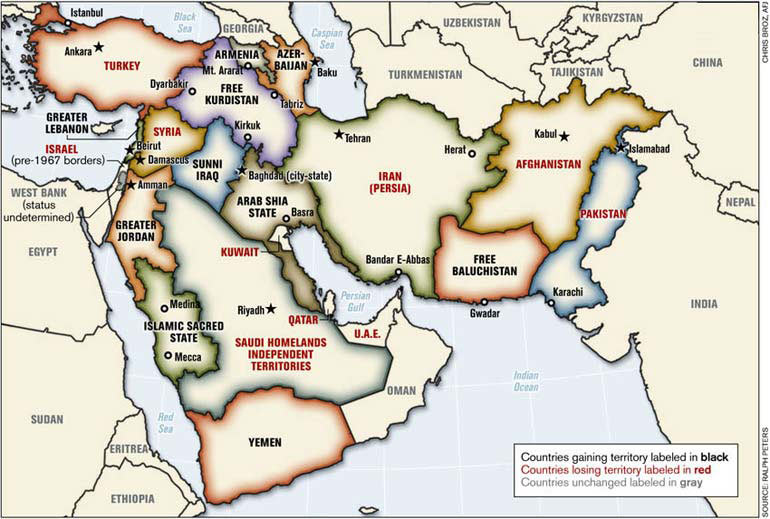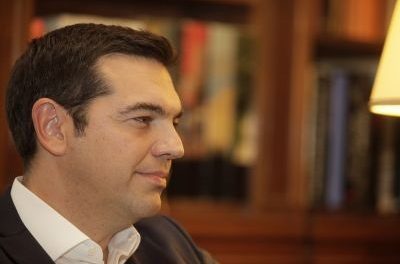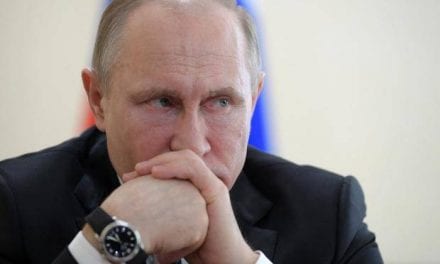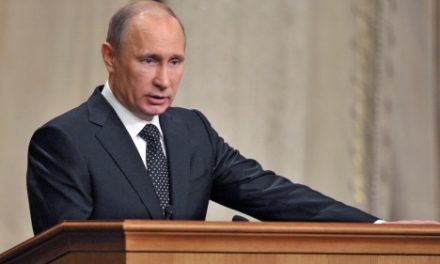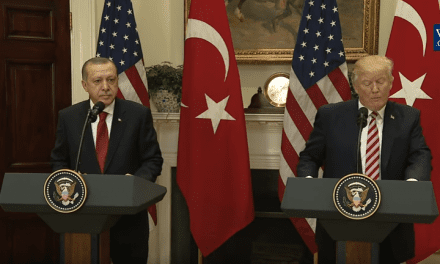Meet the great power with the most schizophrenic foreign policy in the Greater Middle East.
By Daniel W. Drezner*, Washington Post
The Obama administration has caught a lot of flak over the past year or two for the seemingly contradictory impulses in its Middle East policy. On the one hand, it has negotiated a nuclear deal with Iran and tacitly cooperated with Tehran in the fight against the Islamic State in Iraq. On the other hand, the United States and Iran are clearly not cooperating in the civil war in Syria, as Iran has gone all in on the Assad government while the United States continues to back “moderate Syrian rebels.” The U.S. and Iran are also on opposite sides of the fence in Yemen as well.
So yes, the regional American-Iranian relationship seems fraught with paradox. And it’s easy to see how one could conclude that this is the product of the Obama administration’s fecklessness and policy incoherence.
Before drawing that conclusion, however, let’s consider Russia’s policy towards the Islamic State, shall we?
Russia is clearly not the Islamic State’s biggest fan. We know from Russia Today that Russia believes that the Islamic State is plotting terrorist attacks inside of Russia itself. But we also know that Russia’s intervention in Syria has not really been directed against the Islamic State. Indeed, as Liz Sly has been reporting in The Post, Russia’s entire strategy has been to bolster the Assad government in its fight against U.S.-backed rebels. The tactics have finally yielded some military gains and accusations from the British Foreign Secretary that Russia is aiding the Islamic State.
So, in the case of Syria, Putin has decided that the Most Important Thing is keeping his ally in power, even if it temporarily empowers the Islamic State. The long-term logic is that this will force the United States to choose between Assad and the Islamic State — and Washington will choose Assad. Except, as my Bloggingheads partner Heather Hurlburt noted last week, even if this works, it sets up Russia for a long-term debacle akin to the American sponsorship of the 1953 coup in Iran.
When we switch from looking at Syria to looking at Afghanistan, Russian policy also switches up. Foreign Affairs’ Javid Ahmad notes that Moscow has found a new ally in Central Asia:
The Taliban, once a pariah, now finds itself courted by several powerful regional players. Even Russia, the group’s historical enemy, has recently turned to the group for intelligence sharing against a common foe: the Islamic State (also called ISIS). Zamir Kabulov, Russia’s special envoy to Afghanistan, recently said, “Taliban interests objectively coincide with ours.” Kabulov, a former KGB officer who negotiated with Taliban leaders in the mid-1990s after the group captured a Russian plane and took seven Russians hostage, rationalized the new cooperation by adding that “the Afghan and Pakistani Taliban have said they don’t recognize [Abu Bakr] al-Baghdadi as the caliph; that is very important.” However, such a shortsighted alliance carries critical security risks for Afghanistan and the region.
So what has prompted Russia’s newfound interest in cooperating with the Taliban? According to Ahmad, there are two reasons. The first is that Russia lacks the local allies in Afghanistan that it has in Syria. To Moscow, the Taliban appears to be better than nothing. The second is that the blowback from Russian actions in Syria is starting to freak our Russia:
For Moscow, it is concerning that ISIS is growing in strength in Russia’s own backyard, especially after, late last year, Russia launched an air campaign to bolster its ally in Syria, President Bashar al-Assad, and target ISIS’ main branch. To have such a group appealing to disaffected Muslims so close to home is too big a risk to bear. Nearly 16 million Russians are Muslim; the bulk are Sunni and are based mainly in the northern Caucasus region. An estimated five percent of Russian Muslims are Salafi or Wahhabi, the ultraconservative forms of Islam that ISIS has espoused.
In the Caucasus region, two militant factions have especially irked Russian leaders: the Caucasus Emirate or Imarat Kavkaz, which is closely linked to al Qaeda’s al-Nusra Front in Syria, and the Caucasus Province of the Islamic State, which is an offshoot of ISIS. Although Russia initially perceived the spread of ISIS as a boon because it distracted the United States from the mess in Ukraine and attracted militants out of the Caucasus, now it is a liability. Russian intelligence estimates show that about 2,400 people from the Caucasus have joined ISIS (emphasis added).
So, just to review, Russia has intervened in Syria in a way that empowers the Islamic State, but is now so worried about the Islamic State’s ability to influence and attract disaffected Russian Muslims that Moscow is now cozying up to the Taliban.
All of these moves are of a piece with Putin’s foreign policy approach. Using a strictly short-term, realpolitik lens, each of these moves has a tactical logic to them. Even applying a smidgen of long-term thinking, however, leads one to agree with Ahmad that, “there is a glaring contradiction in Russia’s approach to tackling ISIS.” As a part of Russian grand strategy, it’s just a mess.
None of this is to excuse U.S. mistakes in the region; I’m not trying whataboutism in reverse. Rather, I’m suggesting that maybe it’s just really, really hard for any great power to pursue anything resembling a long-term, logically coherent policy in the greater Middle East.
*Daniel W. Drezner is a professor of international politics at the Fletcher School of Law and Diplomacy at Tufts University and a regular contributor to PostEverything

